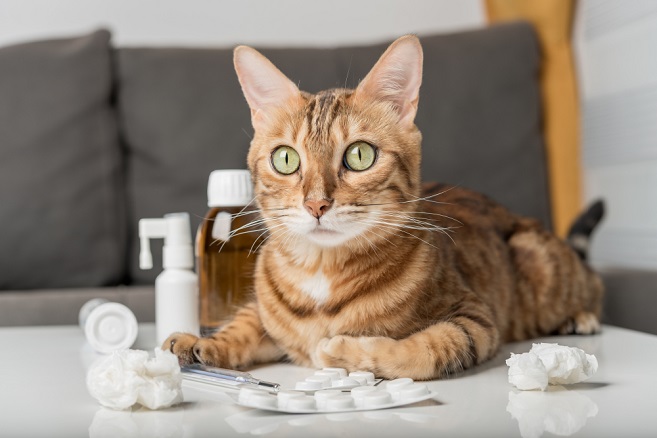
Pet medication safety is crucial for the well-being of your fur babies. But unlike people, your pets cannot always tell you when something is wrong or they are not feeling right, making medication safety and medication adherence more difficult.
We are a veterinary pharmacy in New Jersey, and here are some pet medication safety tips and practices to help prevent harmful side effects and improve health outcomes for your pets:
- Always Follow Prescribed Dosages
Pets come in all shapes and sizes, and dosages of some commercially available medications may be too big or too small for your pet. Consult your veterinarian for the correct dose before administering medication to your pets. Compounding pharmacy in Clifton, NJ can also help tailor medicines for your pets, including custom dosages.
- Store Medication Properly
Keep your pet medication in a cool, dry place or as specified on the packaging. Improper storage can affect the efficacy of your pet’s medicine or increase the risk of unwanted side effects.
- Monitor for Side Effects
Your pets cannot always voice out their concerns. When administering pet medication, pet owners must continuously monitor for unwanted side effects and consult their veterinarian immediately if any side effects manifest themselves. This is especially important for more potent medicines like pain medication.
- Secure the Medication Area
Avoid leaving medications on countertops or other accessible surfaces to avoid accidental ingestion for both your pets and anyone else in your household.
For reliable pet compounding services, feel free to call our pharmacy, Clifton Pharmacy and Compounding Center, at 973-777-2428. Our services include compounding, medication supply, and veterinary cardiology in New Jersey.
Disclaimer
Blogs, content and other media uploaded online are for informational purposes only. Contents on this website should not be considered medical advice. Readers are strongly encouraged to visit their physician for health-related issues.




Leave a Reply